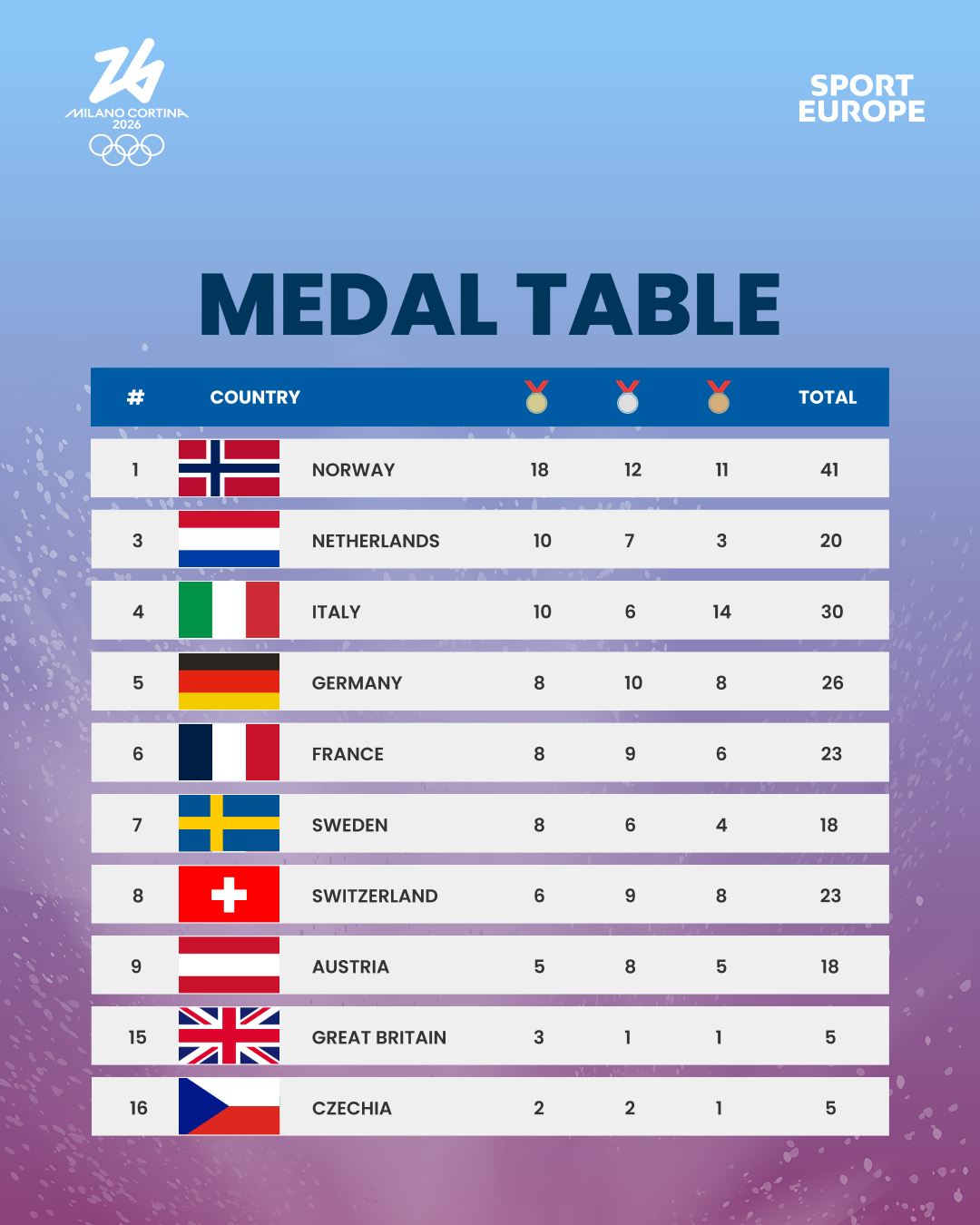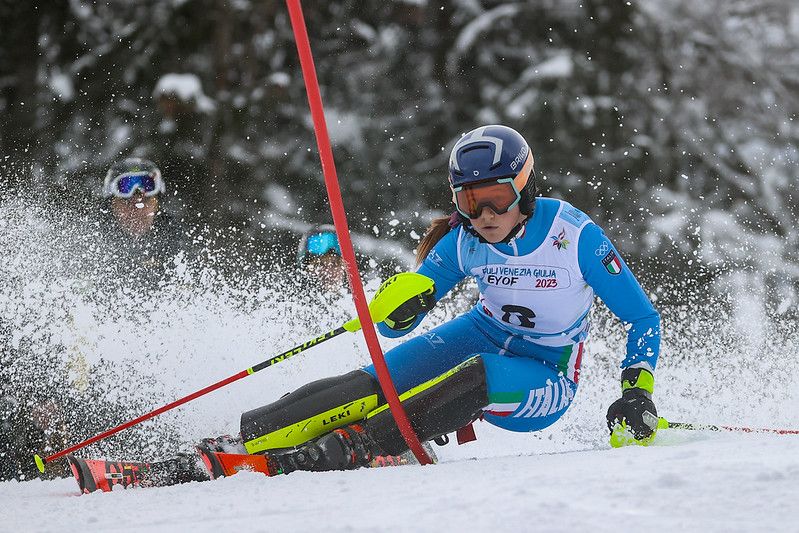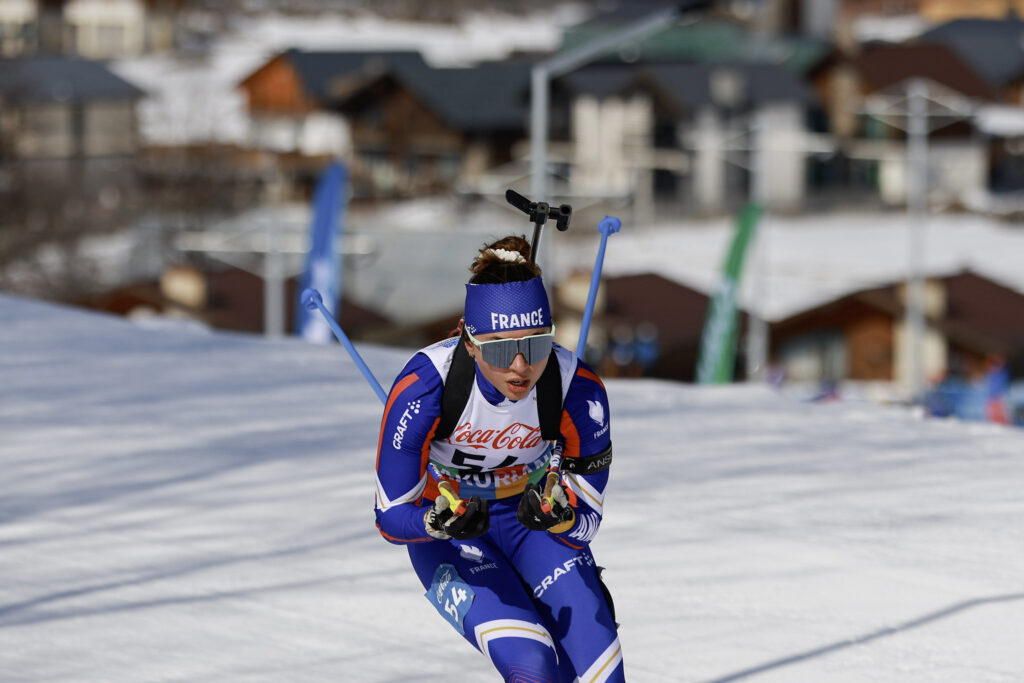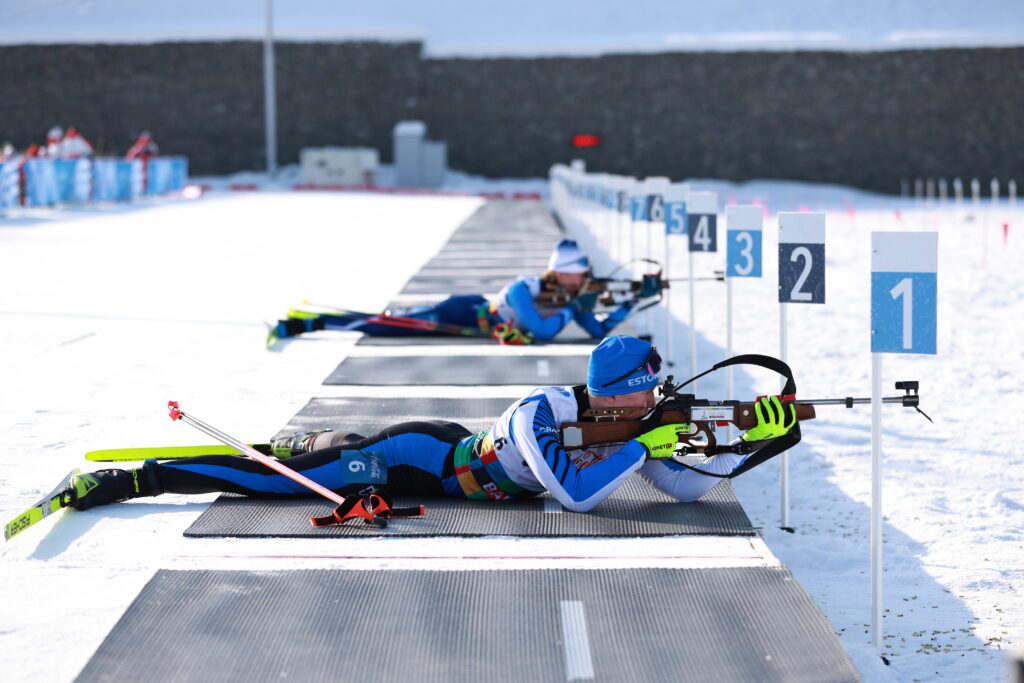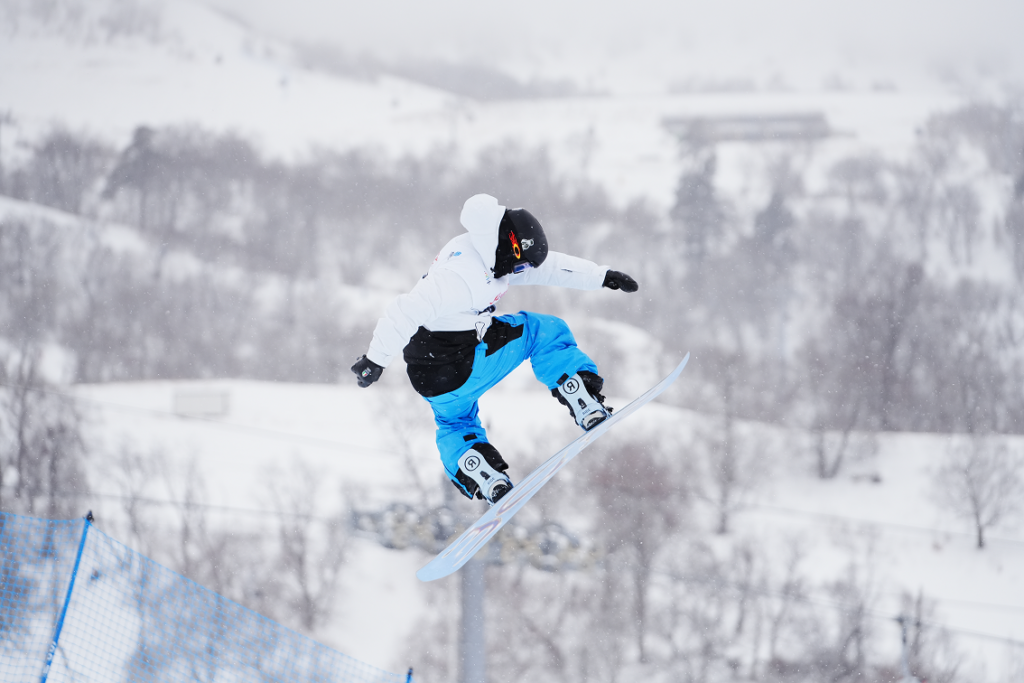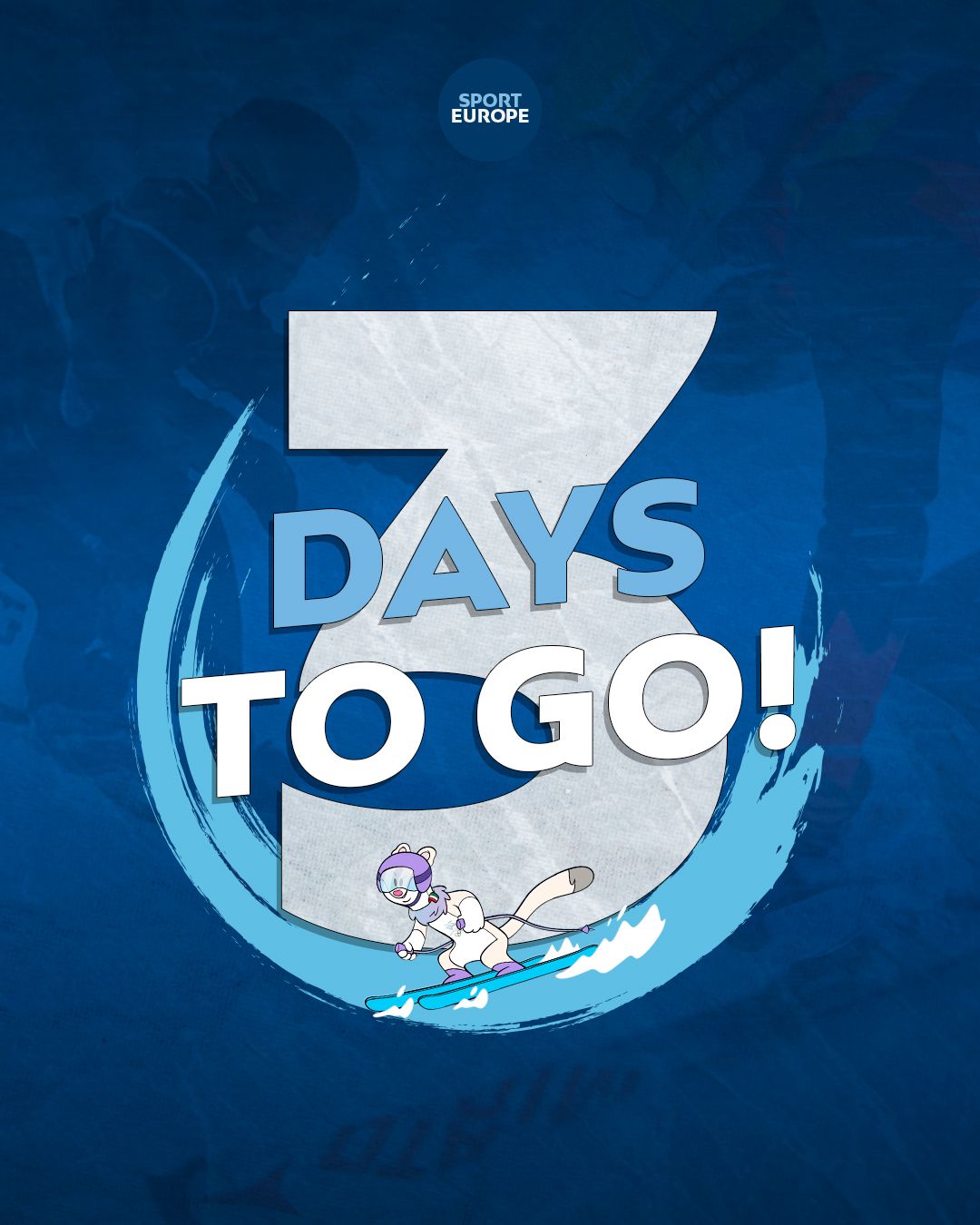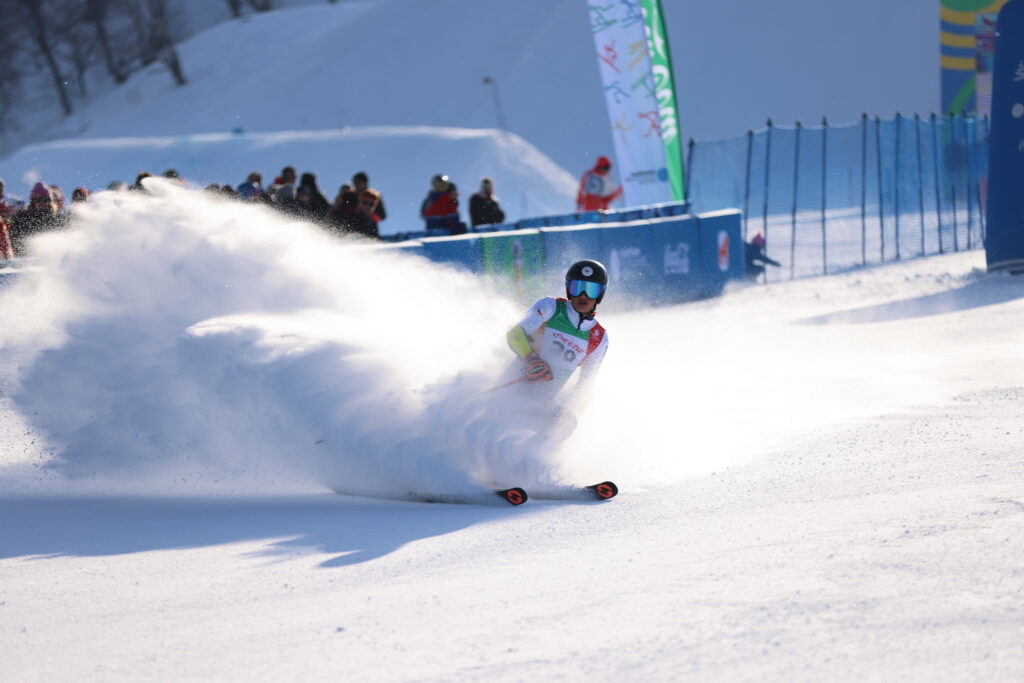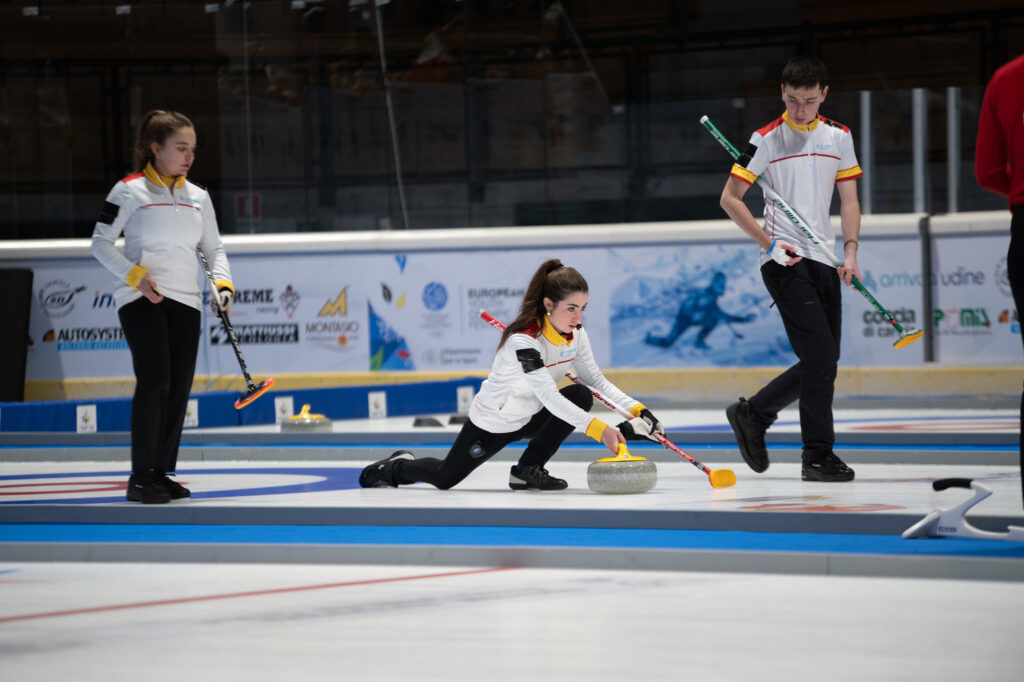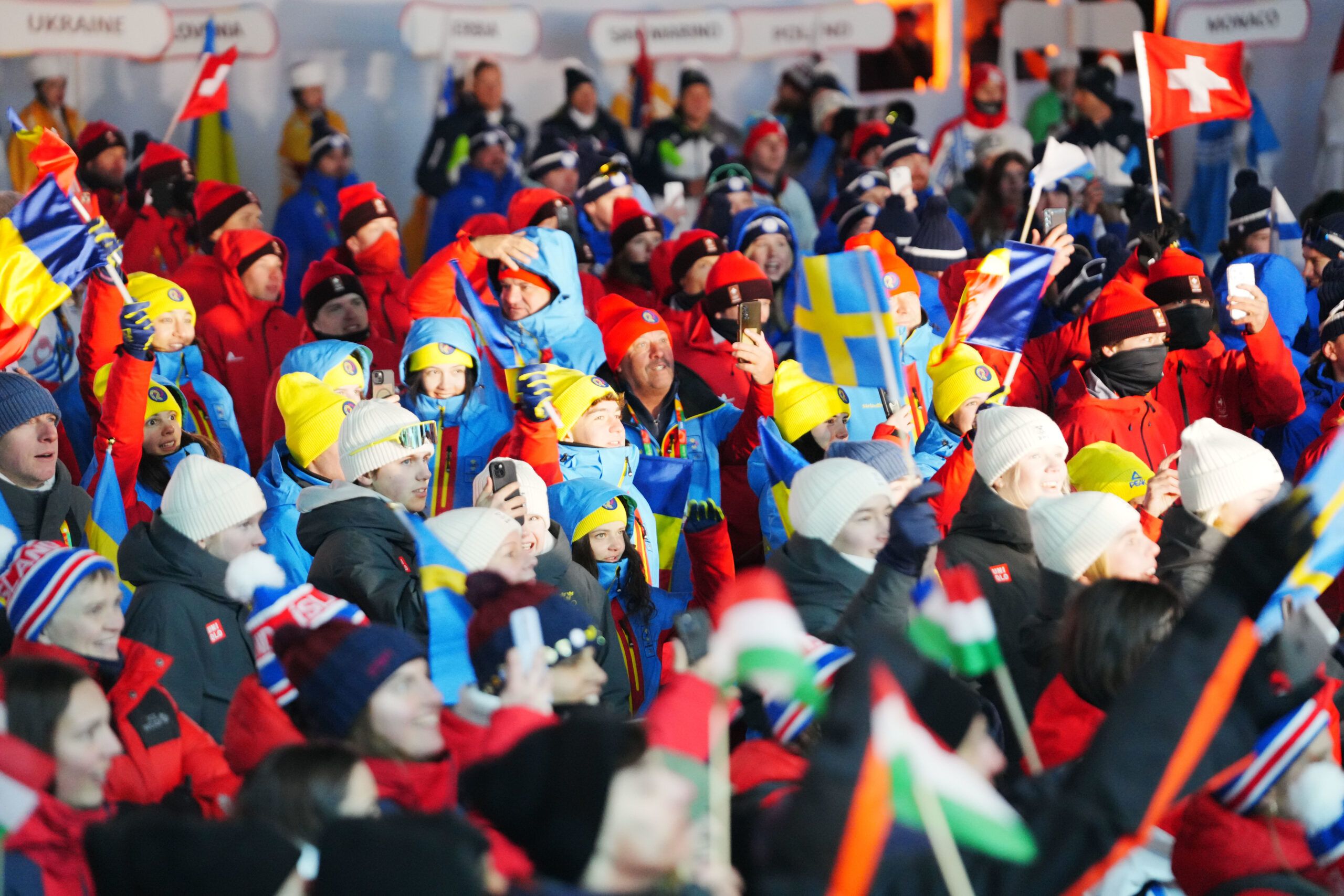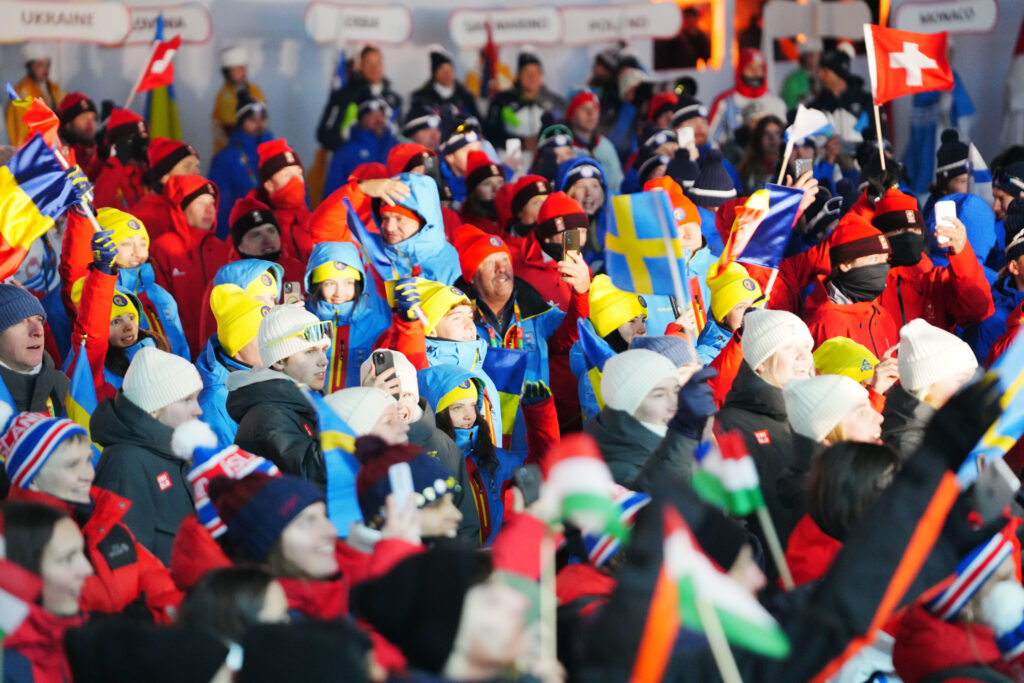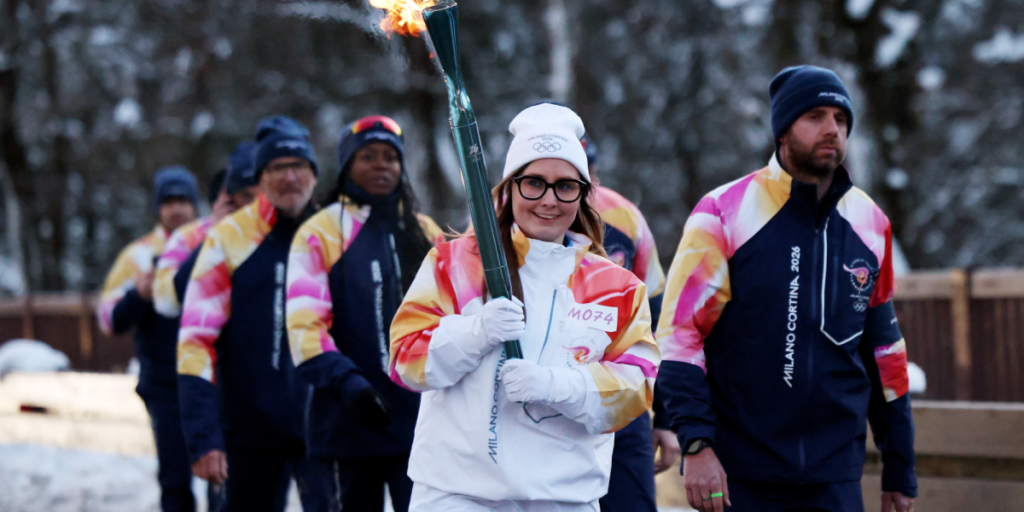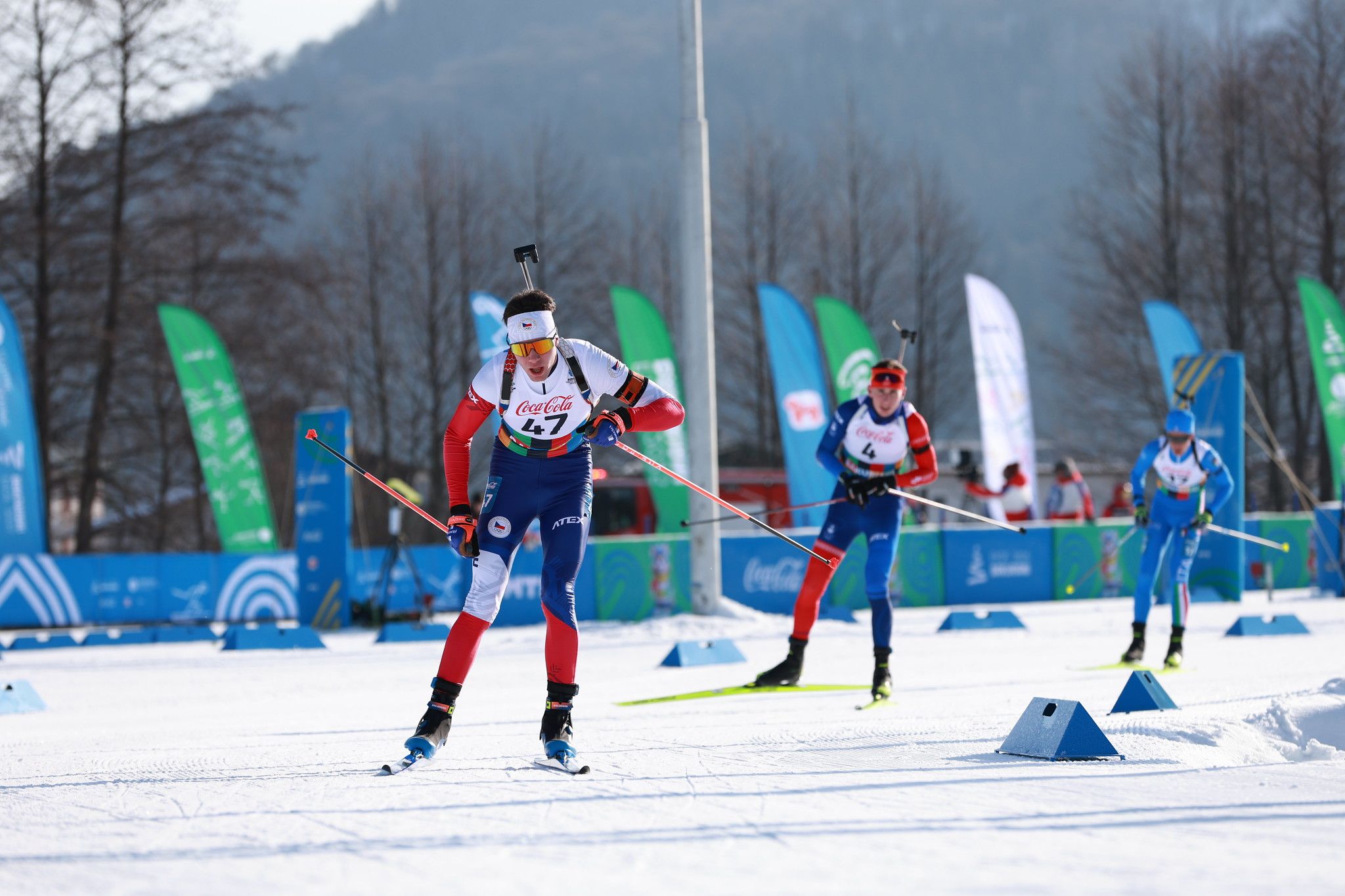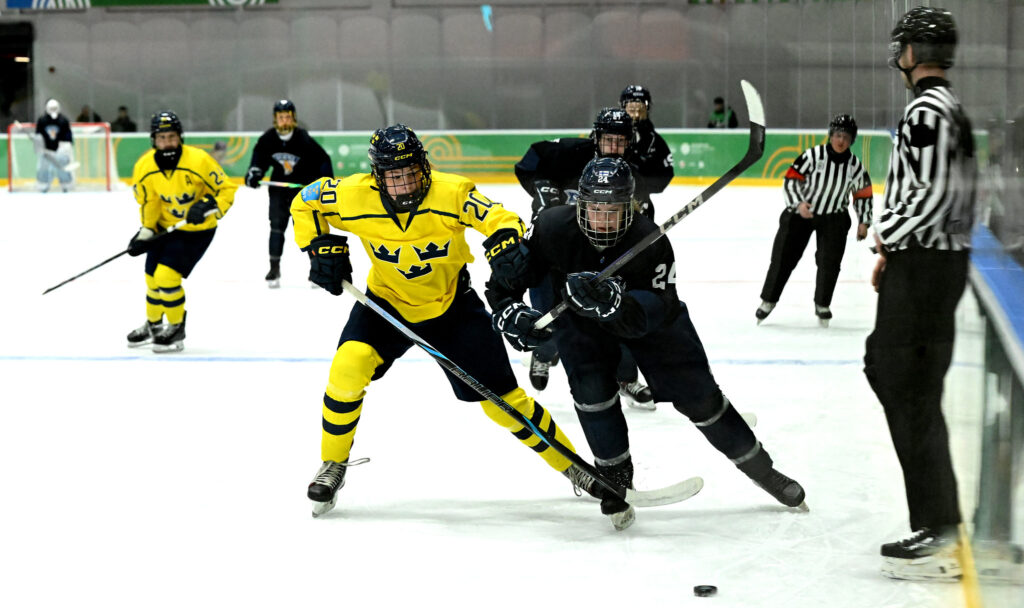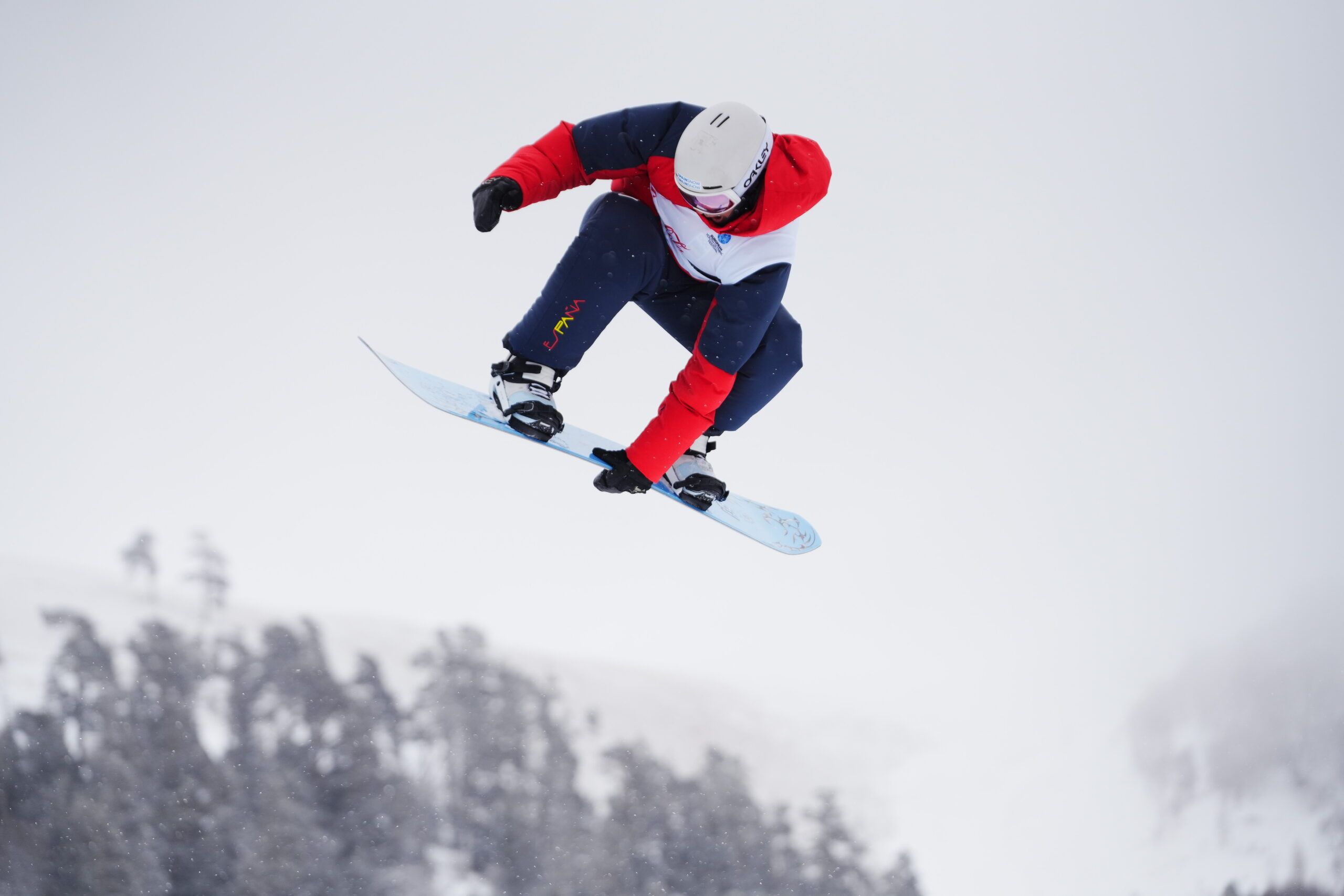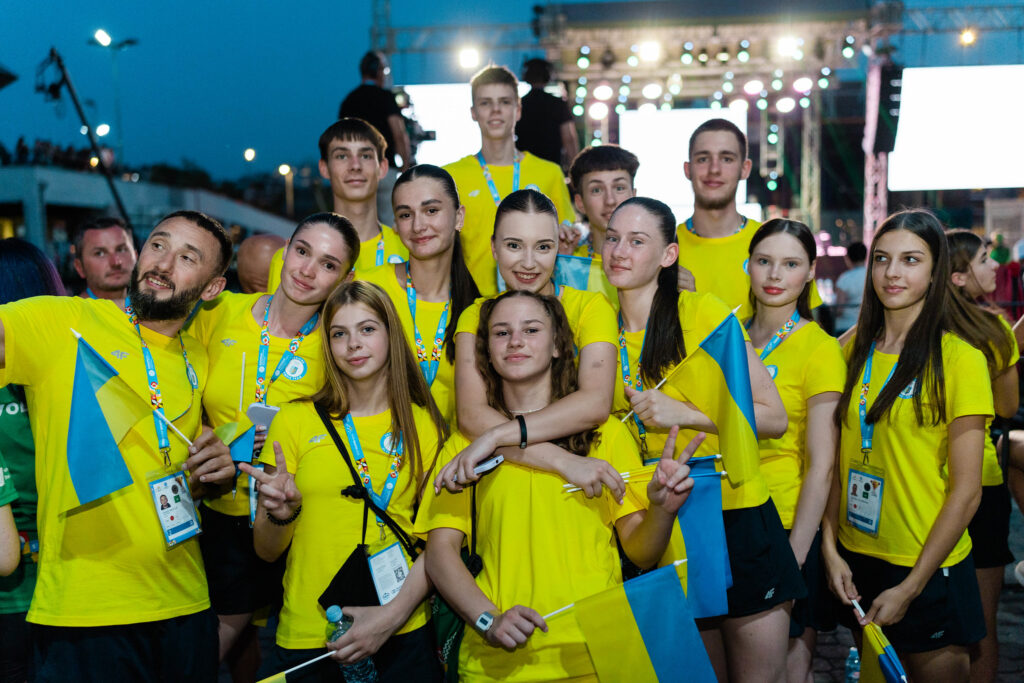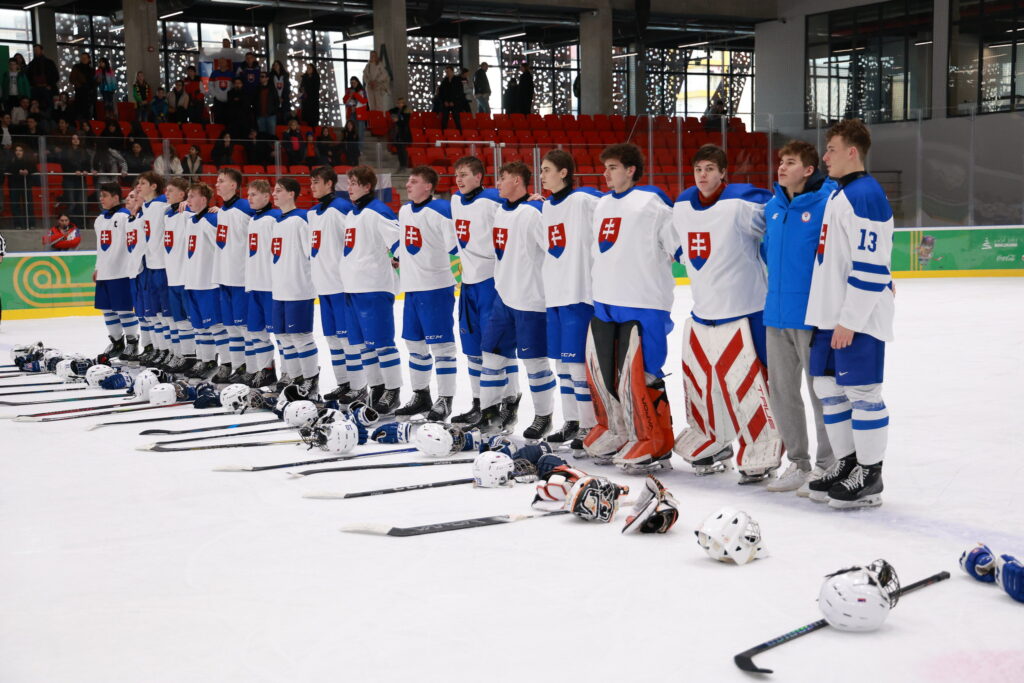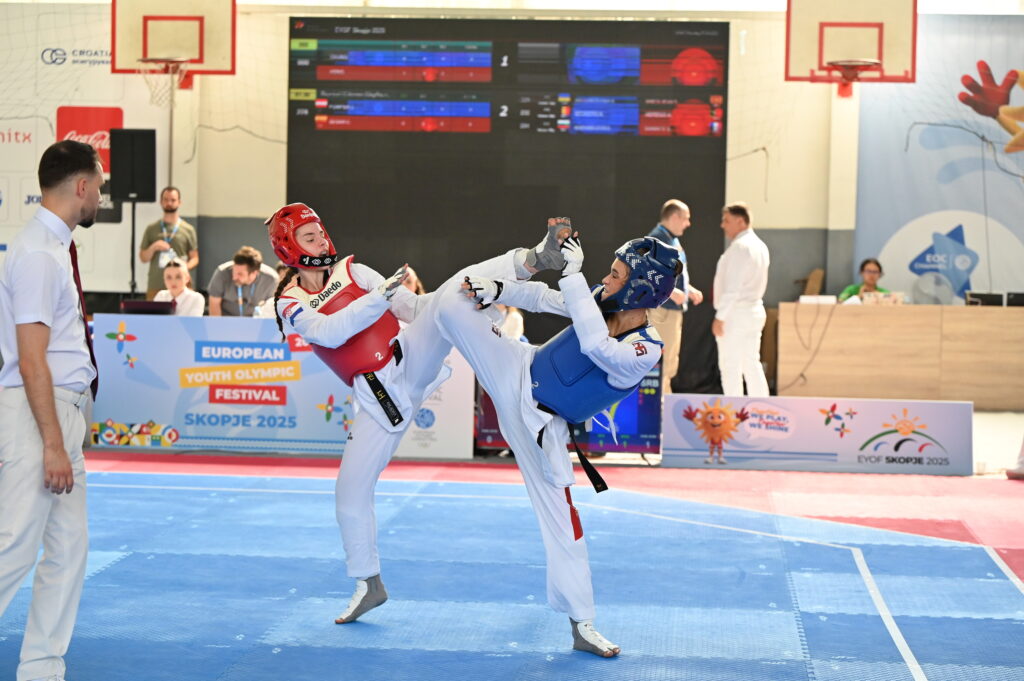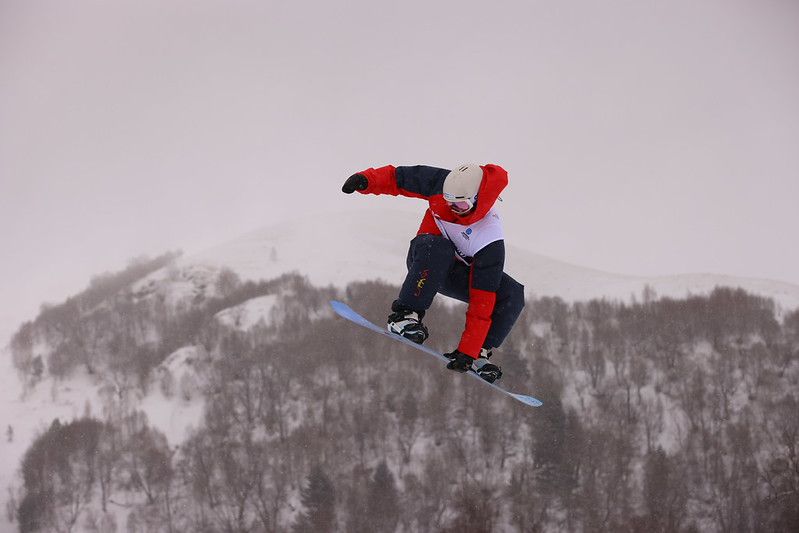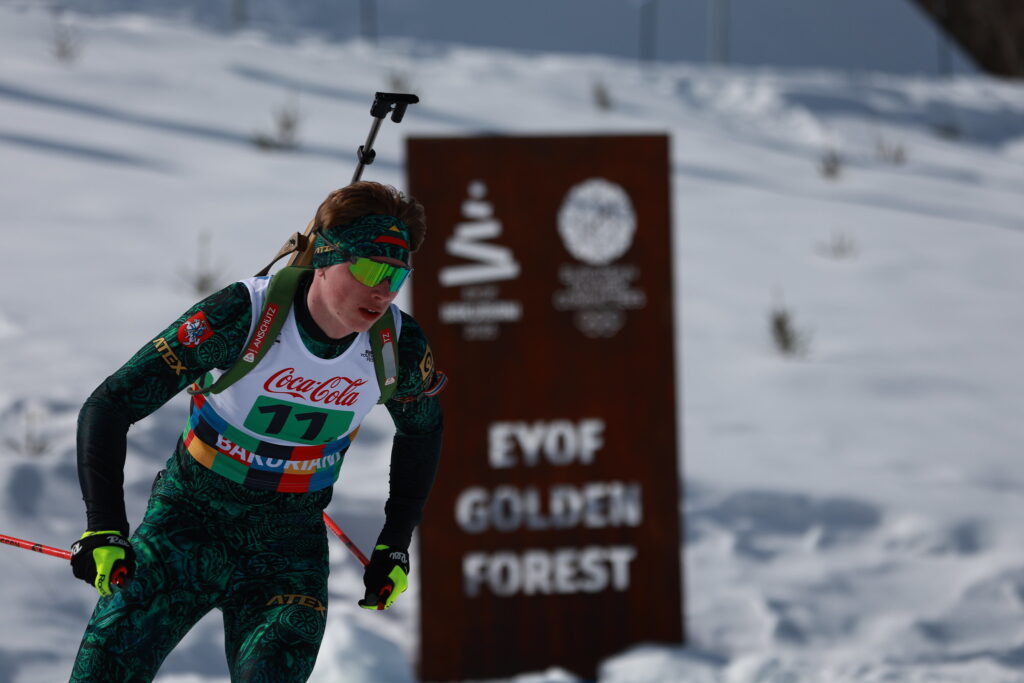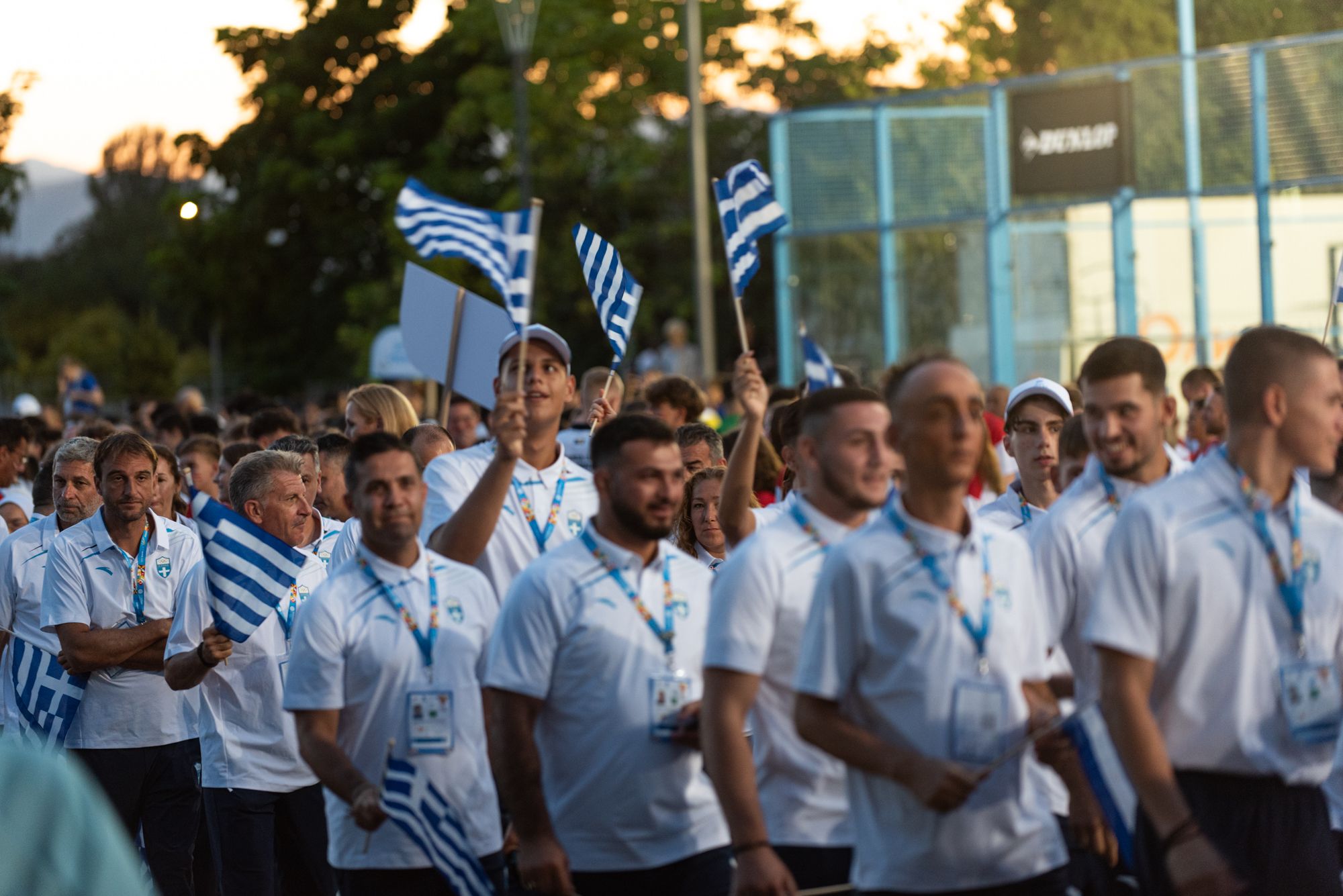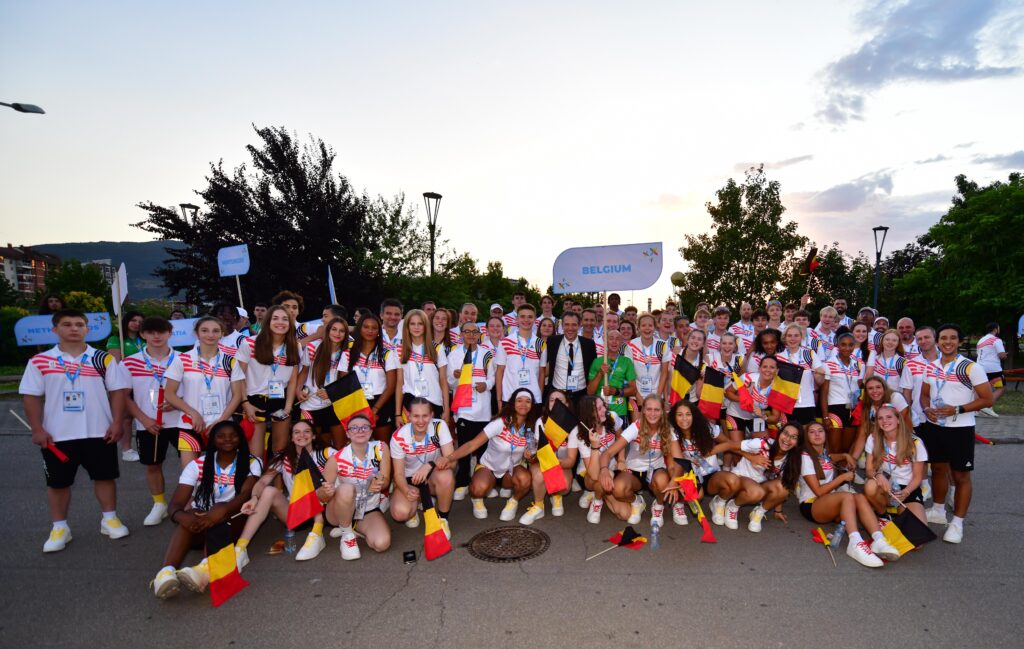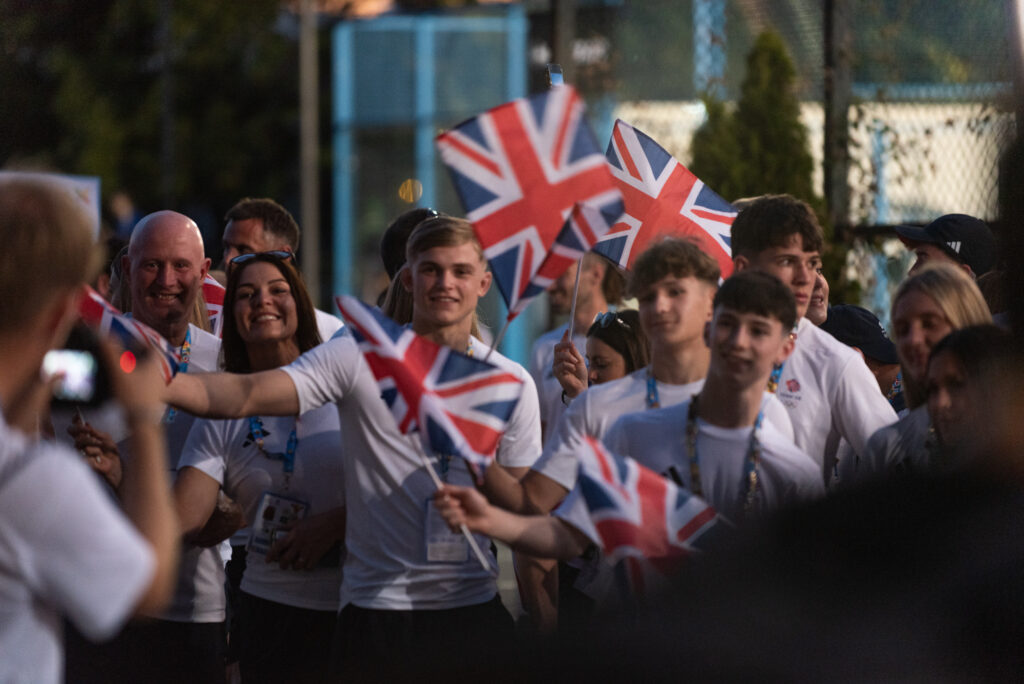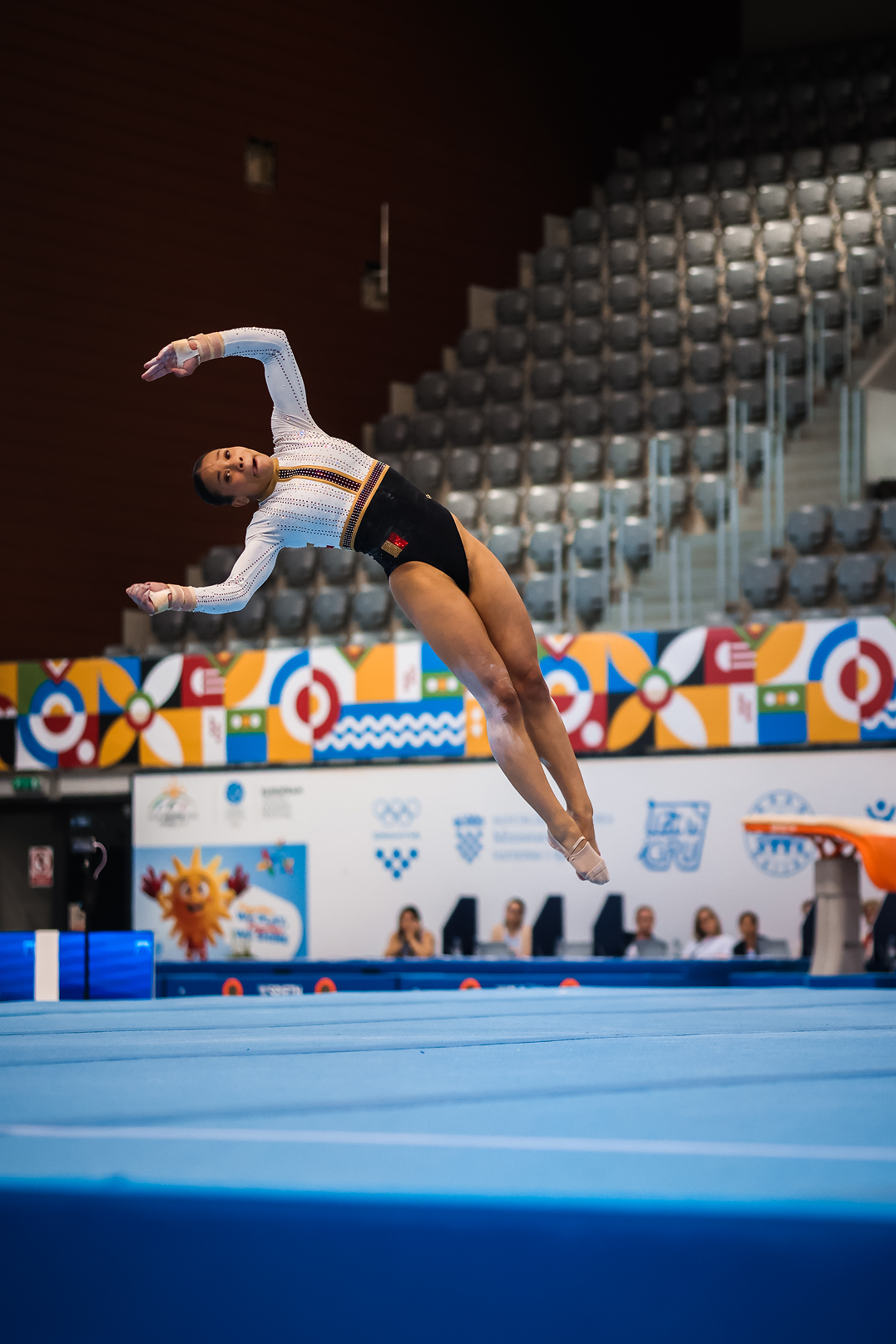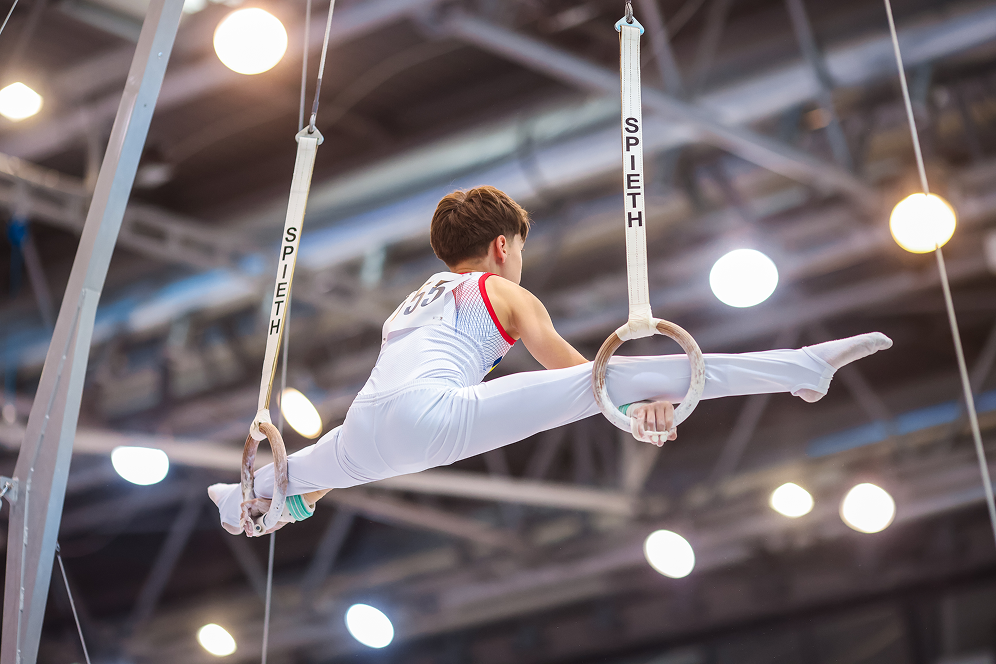Europe asserts its dominance at the Winter Olympics Milano-Cortina 2026
Milan/Cortina d’Ampezzo — Europe once again proved that winter sport is very much its domain. The 2026 Winter Olympics concluded with a commanding performance from European nations, who dominated the medal table and set the competitive standard throughout two weeks of action on Italian soil.
🥇 Norway set the benchmark
The standout nation was Norway, finishing top of the medal table with 18 golds and 41 medals overall. The Nordic powerhouse reaffirmed its supremacy in cross-country skiing and biathlon, spearheaded by Johannes Høsflot Klæbo, whose multiple gold-medal haul cemented his status as one of the defining athletes of the Games.
Italy deliver on home snow
As hosts, Italy enjoyed a historic Winter Olympics, producing their best-ever performance at a Winter Games with more than 30 medals. Gold medals in alpine skiing and speed skating electrified home crowds across Milan and Cortina, as a new generation of Italian athletes wrote their names into Olympic history.
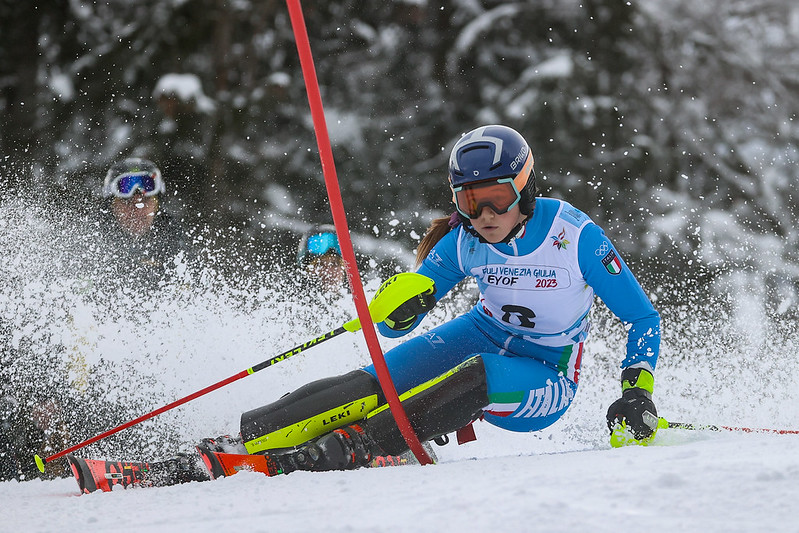
Europe’s depth on display
European strength extended well beyond Norway and Italy:
- France impressed in biathlon and mountain disciplines.
- Sweden claimed major honours in curling and technical snow events.
- Netherlands maintained their traditional dominance in speed skating, adding multiple podium finishes.
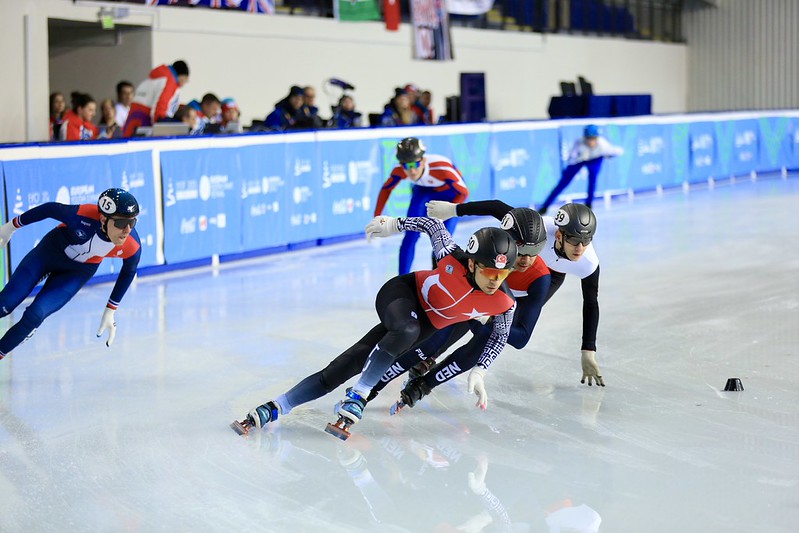
🔎 The key takeaways from Milano-Cortina 2026
- European dominance of the medal table, led by Norway.
- Italy’s best-ever Winter Olympic performance on home ground.
- The rise of new stars alongside established legends in skiing and biathlon.
- A modern, visually striking Games staged across iconic northern Italian venues.
Milano-Cortina 2026 was not merely about records and medal counts. It was a statement: in snow and ice, Europe remains the beating heart of world sport.
